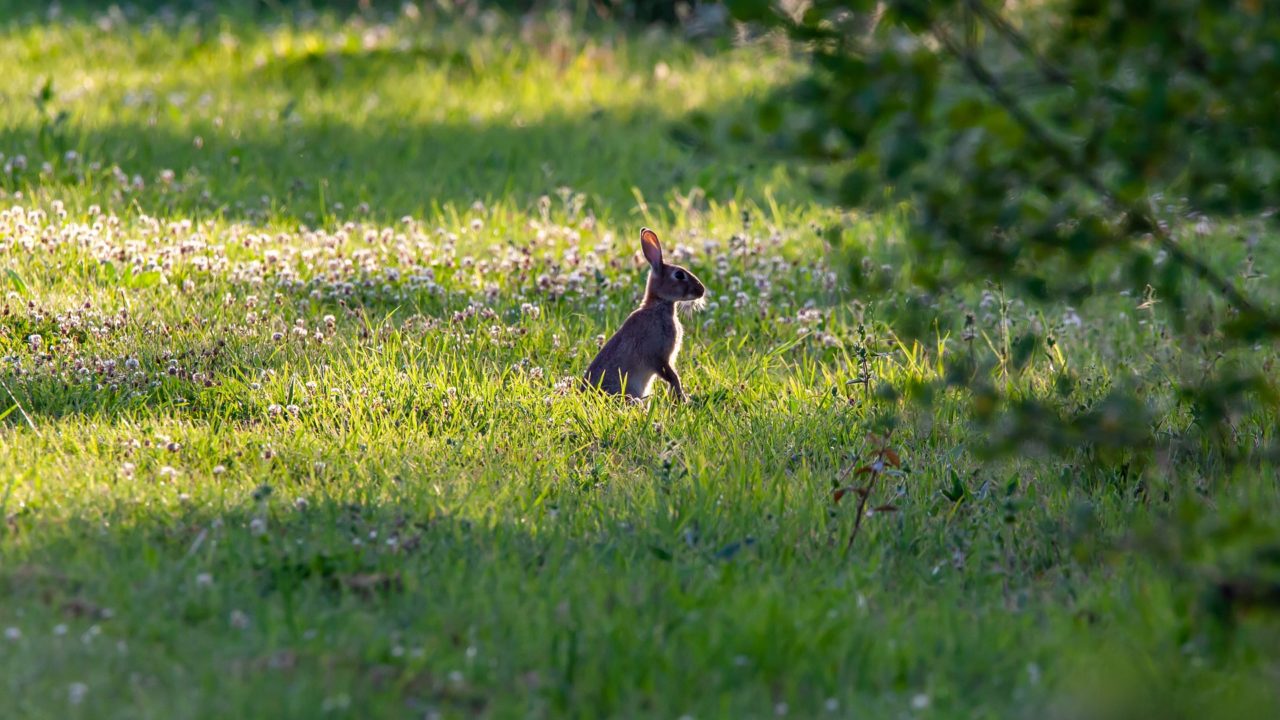On World Habitat Day, farmers are asked to be aware of the food, shelter and habitats that hedges provide for wildlife and birds throughout the winter months.
The Irish Farmers’ Association (IFA) Environment Committee chairman Paul O’Brien said that while hedgerow cutting is now permitted to the end of February, ideally, “we should do as little as possible with our hedgerows and they should be allowed to grow upwards and outwards”.
“If hedges are starting to spread too far into fields, the sides can be trimmed back to keep them under control,” he explained.
“It’s recommended to only cut one-third of hedges each year to benefit the environment as much as possible.”
Today is World Habitat Day, which takes place each year on the first Monday in October.
Communicating with contractors
O’Brien emphasised the need for farmers to communicate with contractors about maintaining hedgerows and explain what they want to achieve from hedge-cutting.
“Farmers should speak with contractors about leaving some thorn trees uncut or doing less cutting than previous years. Farmers need to make sure their contractor knows what they want,” he continued.
Hedgerows contribute significantly to biodiversity and carbon sequestration, and O’Brien encourages farmers who are considering planting additional hedgerow to do so this winter.
“New hedges should be planted between November and March, depending on weather conditions,” he added.
“Planting new hedges can increase the number of full trees within the hedge and the density of the hedges.”
